
Some decisions seem small until their consequences unfold on a massive scale. Companies and governments have all faced moments where a single choice set off a costly chain of events. These moments left behind impressively huge financial damage, which reshaped industries and even cultures. Let’s explore 20 of the most expensive mistakes in history.
Russia’s Sale Of Alaska To The U.S.
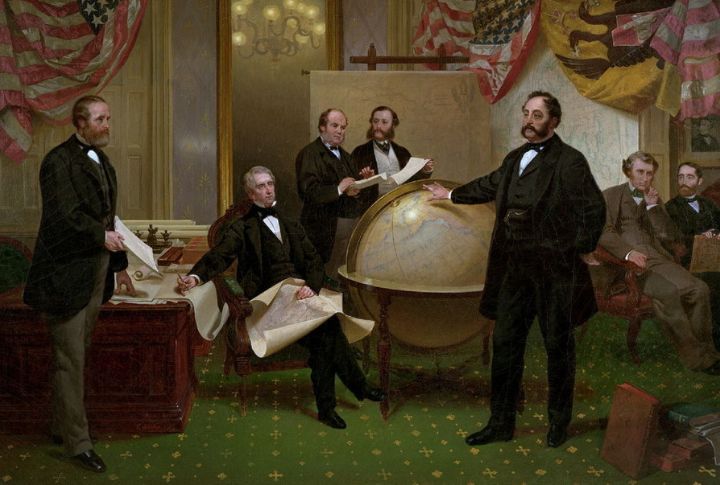
In 1867, the U.S. bought Alaska from Russia for $7.2 million, a move mocked as “Seward’s Folly.” At the time, critics saw only a frozen wilderness. Decades later, gold was discovered, and Alaska’s vast oil, mineral, and fish resources proved to be worth hundreds of billions.
NASA’s Mars Climate Orbiter Miscalculation
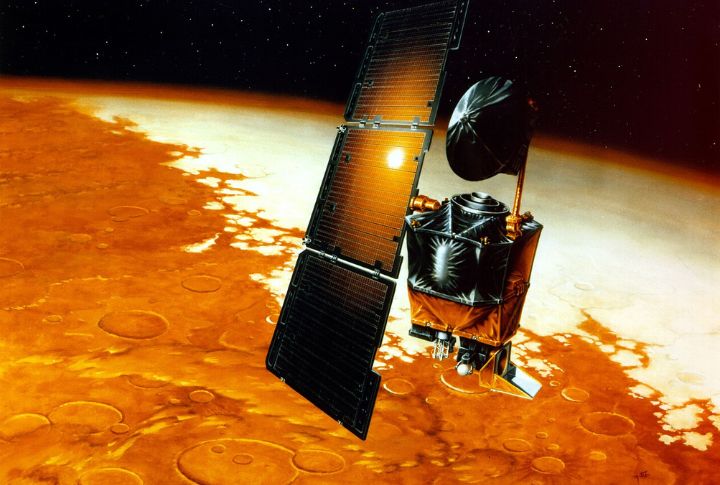
What happens when two teams speak different measurement languages? In 1999, a $327.6 million Mars mission ended in flames because one group used pounds and the other used newtons. The spacecraft burned up instead. The incident became a stark reminder that in engineering, precision is survival.
The Titanic Disaster
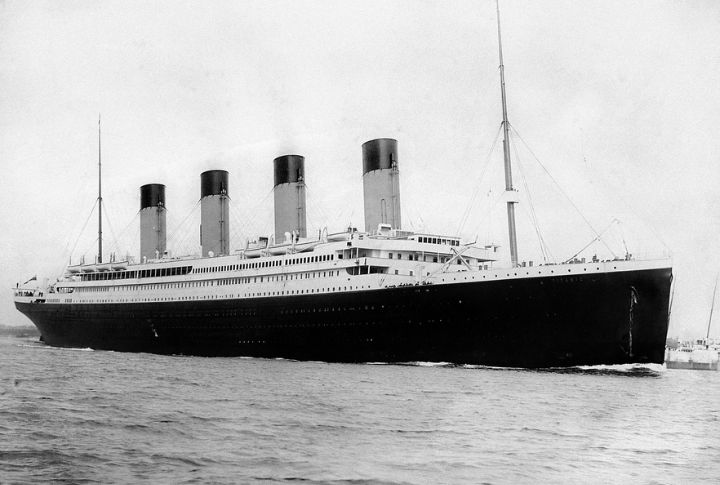
It was hailed as unsinkable, yet the Titanic met the icy North Atlantic on its maiden voyage in April 1912. Striking an iceberg, the ship sank with over 1,500 lives lost and $7.5 million gone—nearly $200 million today. The tragedy reshaped maritime law, from lifeboat requirements to continuous radio watches.
Decca Records Rejecting The Beatles

In the early months of 1962, The Beatles auditioned for Decca Records in London. The label rejected them and claimed guitar music lacked a future. The band went on to become the top-selling band in history, securing billions in revenue lost to the label forever.
The Suez Canal Blockage By Ever Given
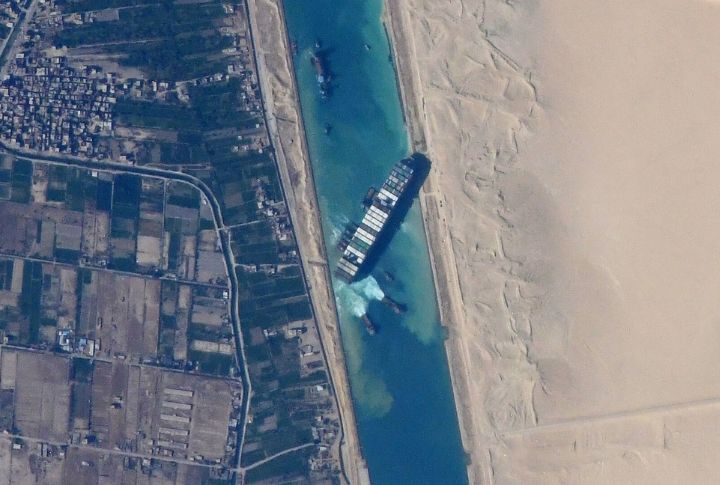
March 2021 saw one of the most dramatic shipping delays in history. The Ever Given blocked the Suez Canal and halted an estimated $9.6 billion in trade each day. With over 400 vessels stranded, the jam highlighted how easily global supply networks can be shaken.
Kodak’s Missed Digital Photography Opportunity
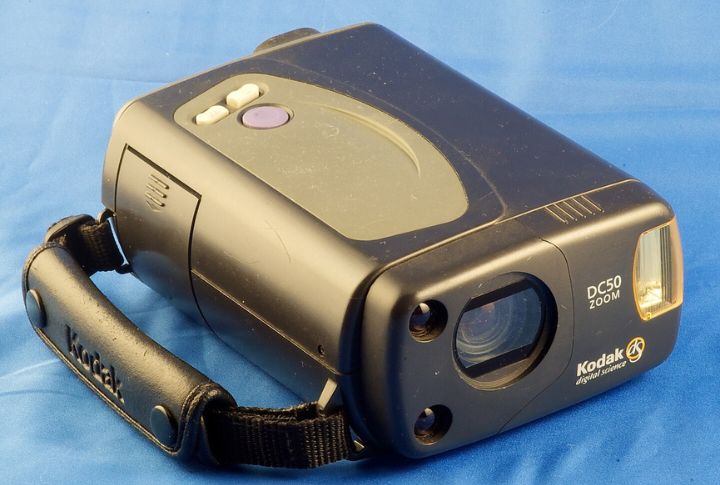
The first digital camera came from Kodak’s own lab in 1975. Yet fearing damage to film sales, executives shelved the idea. By 2012, competitors had seized the market, and Kodak declared bankruptcy. The choice cost them dominance in an industry they could have owned, worth tens of billions in missed value.
The Challenger Space Shuttle Disaster
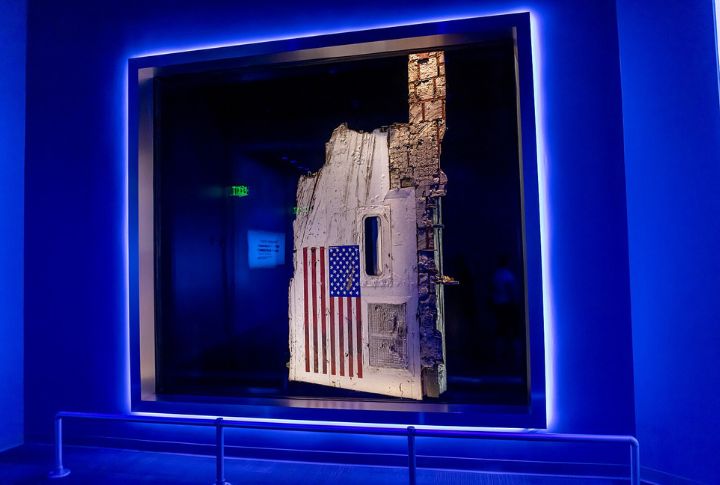
Millions witnessed the Challenger shuttle break up shortly after launch on a January morning in 1986. Faulty O-ring seals, compromised by low temperatures, caused the tragedy. The loss cost NASA over $3 billion and grounded the U.S. space program for nearly three years.
Yahoo Rejected Google Purchase Offer
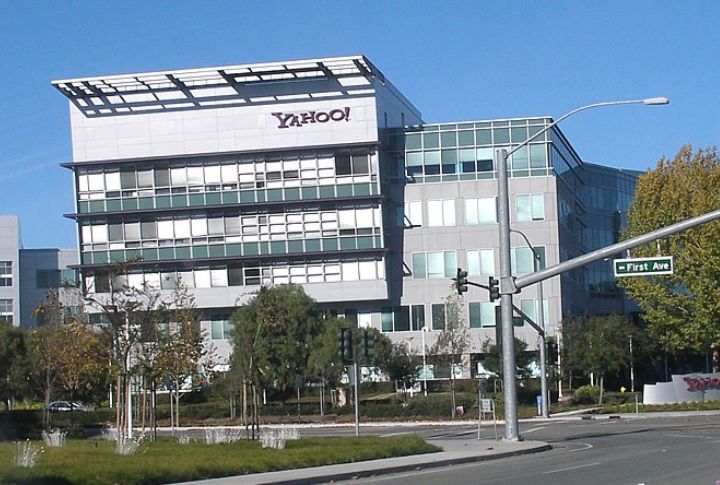
Yahoo had the opportunity to buy Google in 1998 for $1 million but chose not to proceed. When it tried again years later with a $3 billion offer, the answer was no. Today, Google’s worth exceeds $2 trillion, and Yahoo’s once-strong presence has been diminished by faster-moving rivals.
Napoleon’s Invasion Of Russia
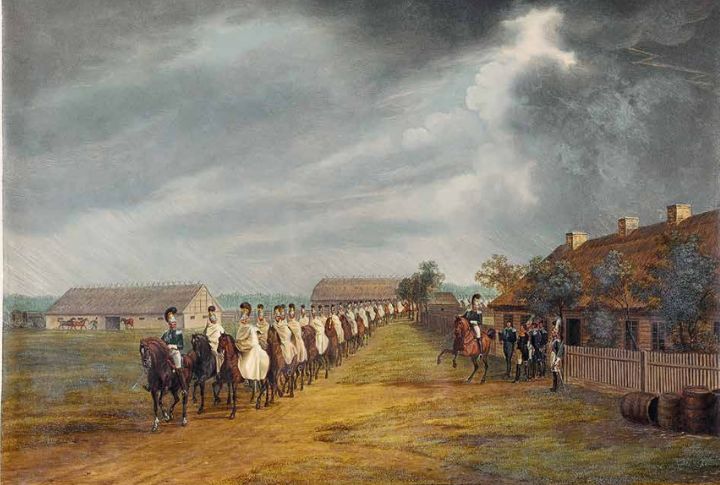
The summer of 1812 carried Napoleon’s Grand Army deep into Russian territory. But the disease and starvation proved deadlier than any battle. Over 400,000 troops perished. The failed campaign shattered France’s dominance and set in motion a shift in Europe’s balance of power.
New Coke Formula Launch
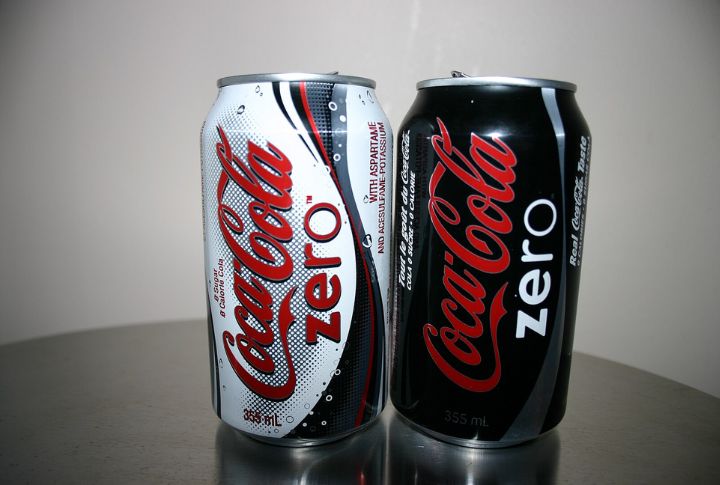
In 1985, Coca-Cola took a bold leap by altering its century-old recipe. An uproar then spread across the U.S., with loyal customers demanding the original back. Within months, “Coca-Cola Classic” returned to shelves. Losses ran into the tens of millions, and the move became a staple marketing case study.
Zimbabwe’s Hyperinflation Crisis
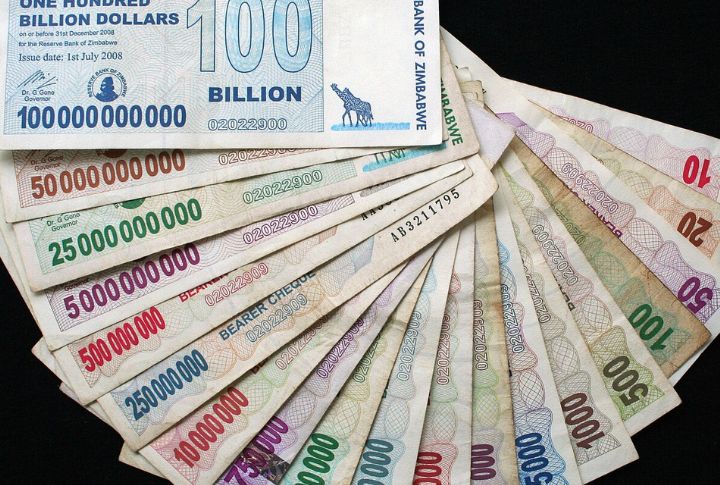
To cover war debts and reforms, Zimbabwe flooded its economy with printed money in 2000, setting off catastrophic inflation. By 2008, prices doubled every day and made even a $100 trillion note nearly worthless. The nation’s currency was scrapped in 2009, replaced by foreign alternatives, as citizens watched their savings and economic stability vanish.
The Hubble Space Telescope Lens Flaw
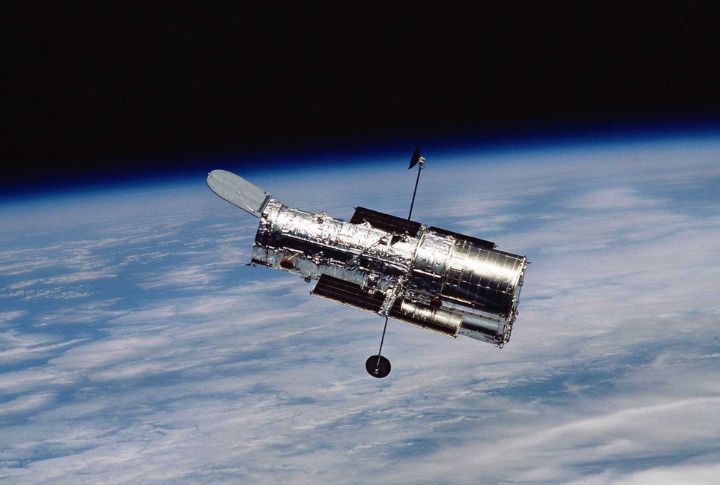
Hubble launched into orbit in 1990 amid high expectations, only to deliver blurry images due to a primary mirror defect missed in testing. A $1.5 billion repair mission restored its vision, paving the way for decades of extraordinary and iconic space photography.
BP Deepwater Horizon Oil Spill
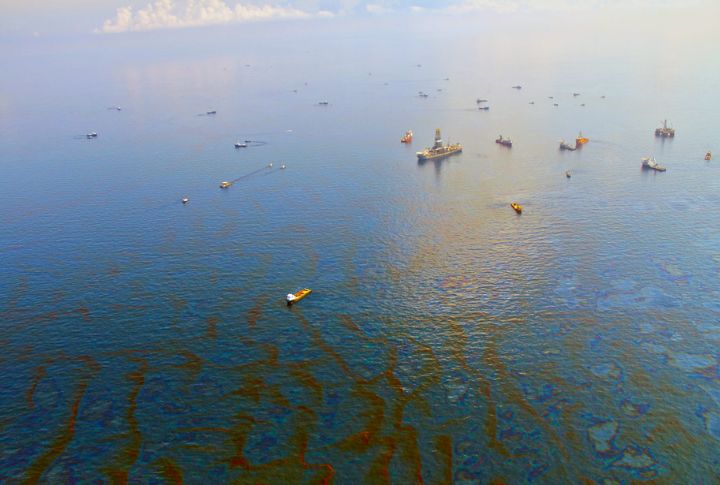
April 2010 saw one of the worst environmental disasters in history. An offshore rig explosion discharged 4.9 million barrels of oil into the Gulf of Mexico. BP’s response and legal penalties exceeded $65 billion. Beyond the numbers, the ecological damage reshaped energy policy and corporate accountability worldwide.
The Three Mile Island Nuclear Accident
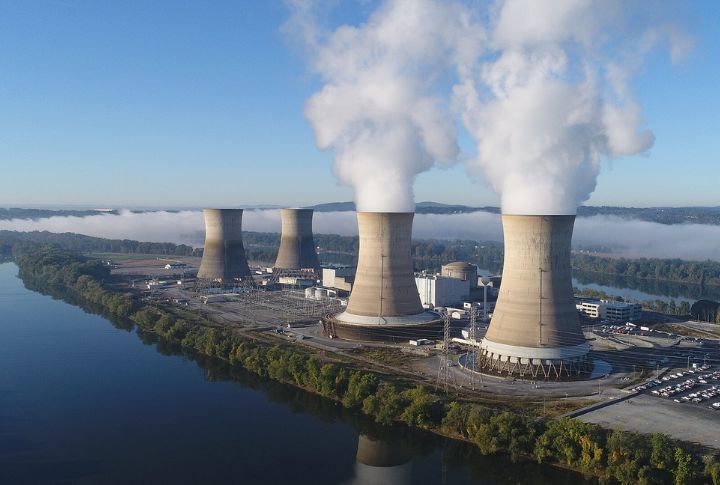
A malfunction at a Pennsylvania nuclear plant in 1979 led to a partial reactor meltdown. While no lives were lost, the cleanup cost exceeded $1 billion. Public confidence in nuclear energy plummeted, and the incident ushered in stricter safety regulations that slowed nuclear development for decades.
Blockbuster Passing On Netflix
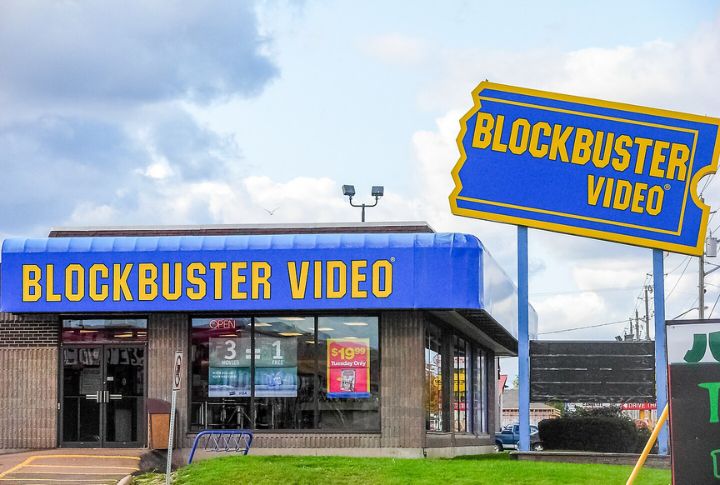
Blockbuster could have acquired Netflix for $50 million in 2000, but passed on the deal. A decade later, Blockbuster was bankrupt. Meanwhile, Netflix thrived, growing into a company valued in the hundreds of billions. Only a single Blockbuster store still stands as a relic of that decision.
The Costly Mistake Of France’s Gold Strategy
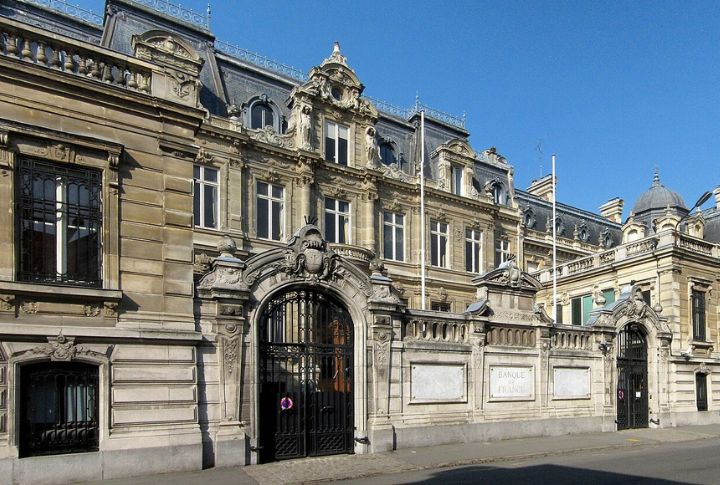
In the early 1930s, France built up massive gold reserves to protect its economy. But instead of helping, this move worsened the global Great Depression. It disrupted trade, hurt other economies, and created problems at home, turning a defensive strategy into a trigger for financial trouble.
The Apple Maps Launch Fiasco

Apple’s 2012 debut of its in-house mapping service was meant to challenge Google Maps. Instead, errors in locations and routes caused public embarrassment and cost millions. A rare CEO apology followed, as rival apps saw a surge in downloads. Well, trust is hard to regain once lost.
The Chernobyl Nuclear Disaster
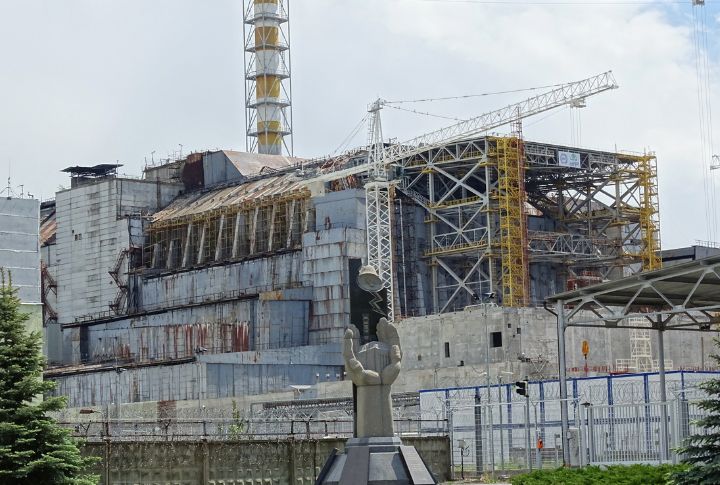
The explosion at Chernobyl’s Reactor 4 in April 1986 carried a cost in the hundreds of billions. It contaminated vast areas and forced tens of thousands to evacuate. The disaster’s legacy has shaped nuclear policy and public perception for decades.
The Burning Of The Library Of Alexandria
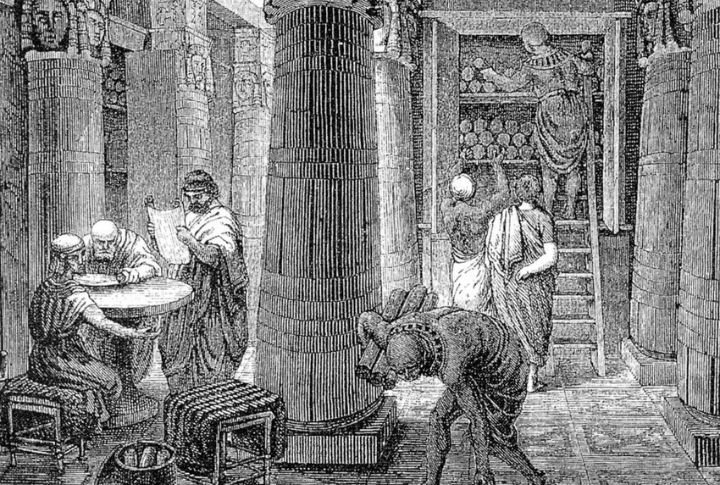
Spanning centuries, a series of fires and conflicts gradually erased one of the greatest collections of human knowledge. Priceless scrolls and manuscripts vanished, their wisdom lost to history. The true cause is still debated, but the cultural and intellectual cost was immeasurable.
Microsoft’s $7.2 Billion Nokia Acquisition
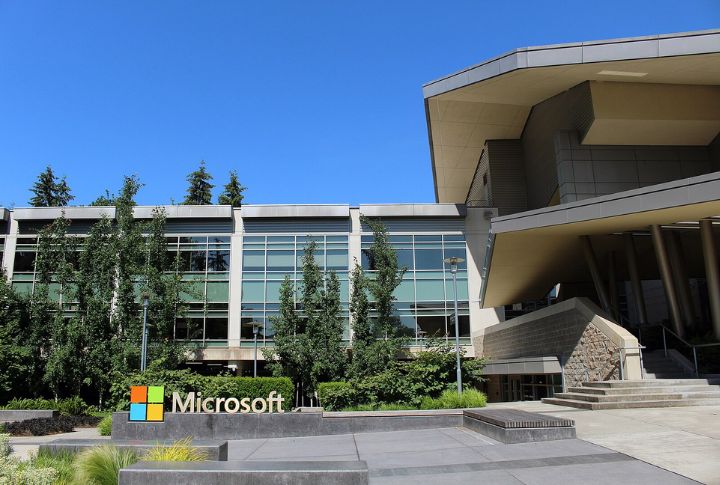
Hoping to strengthen its mobile presence, Microsoft completed a $7.2 billion acquisition of Nokia’s phone business in 2014. A year later, most of that value was gone. The failure, overshadowed by Android and iOS, led to widespread layoffs and a retreat from the market.

